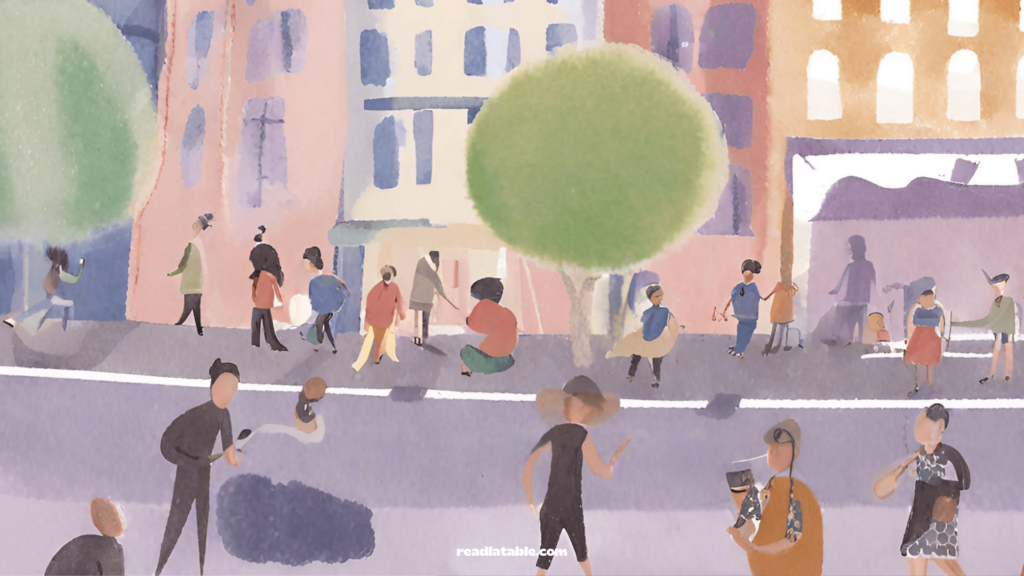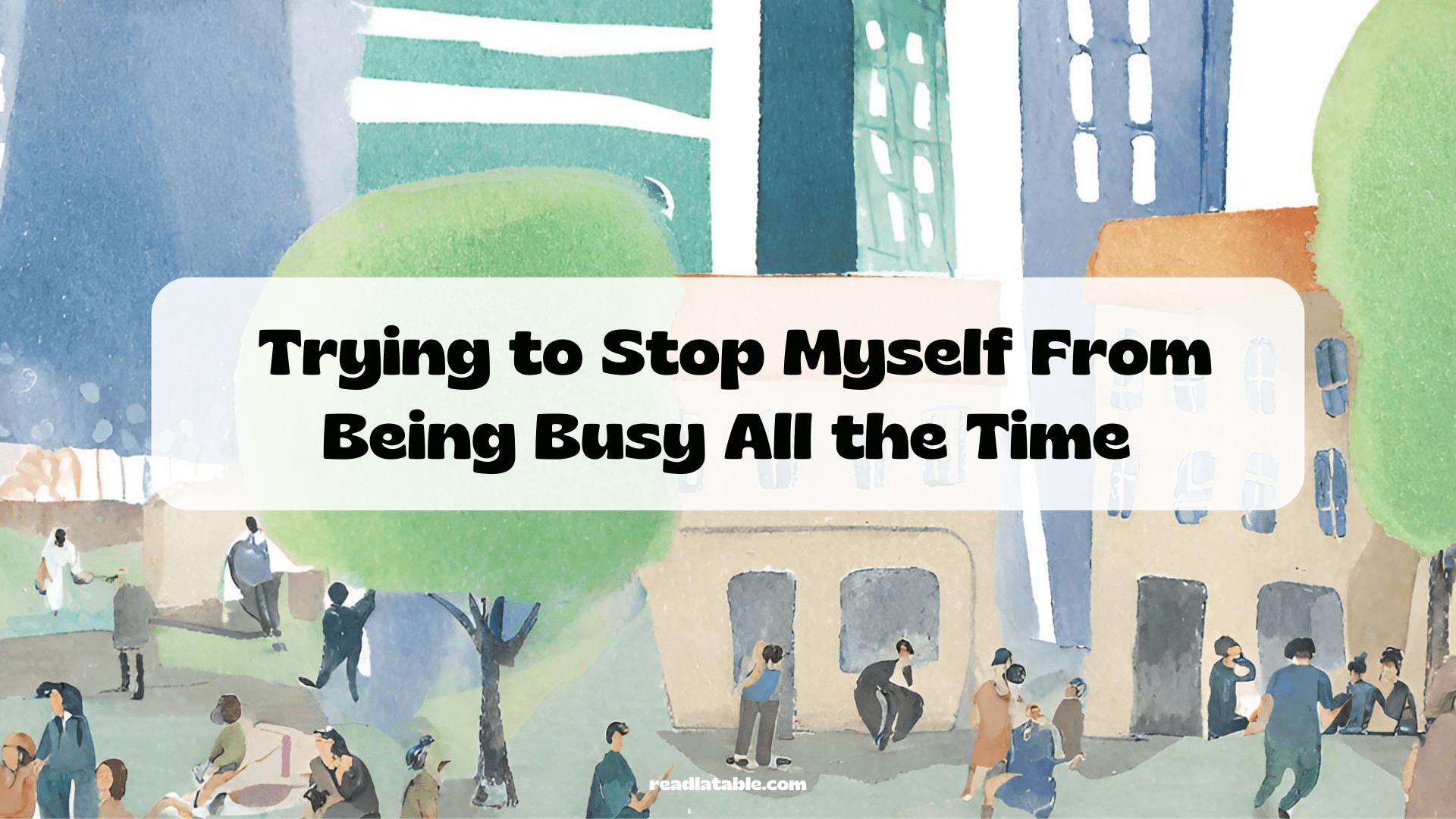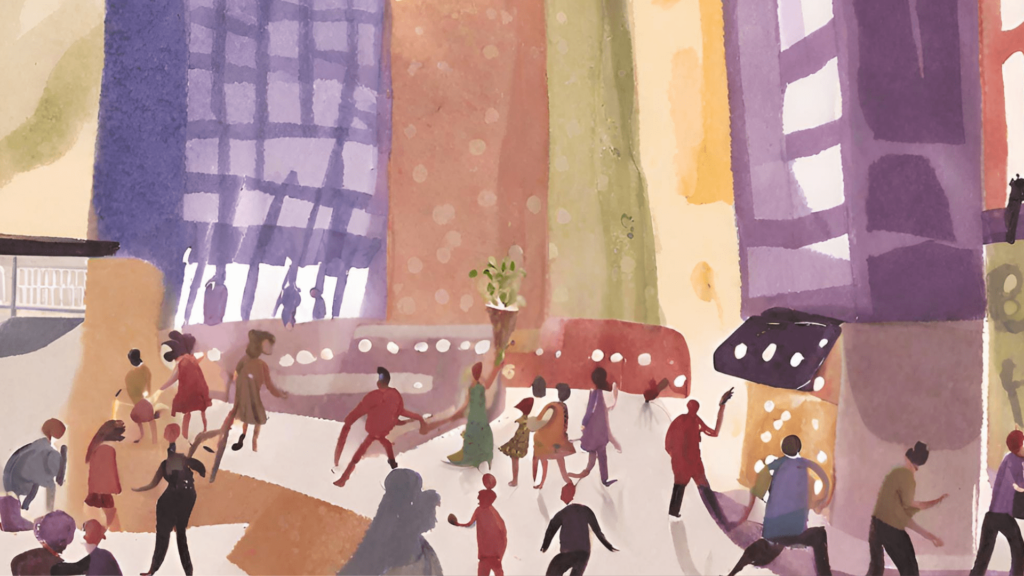I’m addicted to being busy.
For years, I’ve constantly had a packed schedule, and I took ‘being busy’ as something to be proud of. After all, it gave me the impression that my time is valuable and that I am high-performing – being able to squeeze a thousand tasks into a day.
It reached a point where I was on the go 7 days a week. I worked 5 days at my day job in a start-up, I met friends some evenings for dinners, and I worked weekends (Saturday 10 am-6.30 pm, Sunday 9.30 am-3 pm), and a couple of weekday nights (7.30 pm-9.30 pm) giving math tuition to 5 of my secondary school students.
On top of that, my home was undergoing renovation, and I was in the midst of planning for a wedding.

Source: Canva
I was extremely busy. Part of me was burnt out, the other part secretly enjoyed the thrill of being able to juggle everything, being on top of things, and always having something to do.
Being busy also meant that I was able to maximize my earnings – directly exchanging time for money. Beyond that, I didn’t have time to ponder over hard, existential questions, as there is always something that occupied my mind space.
Because I was so busy, my mind and body sometimes went on autopilot. Due to my exhaustion, I took part in lots of activities without being fully present. In a span of a few intense months, my overwhelming schedule started to leave me feeling tired and jarringly empty.
7 Signs To Look Out For If You’re Too Busy
Source: Canva
1. You aren’t present
One of the first signs that you might be too busy is the feeling of not being present. You may physically be there, but your mind is elsewhere, preoccupied with work or other concerns.
When I get too busy, I have the tendency to always reach for my phone – whether it’s for a sense of security, or anxiety to check any urgent messages, I haven’t quite figure that out. On top of this, the tendency to space out when another person is talking could be a sign that your mind is too cluttered and you don’t have the mind space to properly engage with the person you’re with.
2. You no longer give your loved ones time and attention
Along the same vein, being too busy often means that you’re neglecting the people you care about. This can manifest in a few different ways, such as being in the same room as your loved ones but being incapable of fully engaging with them in the moment or being irritable and impatient with them.
When you hesitate to go the extra mile for the people you love due to your packed schedule, it might mean that you’re too busy and at risk of sacrificing other aspects of your life that may be important to you.
3. You are physically exhausted

Source: Unsplash
The demands of a busy life can take a toll on your physical health. Constantly rushing from one task to another can leave you feeling physically exhausted and drained.
For some, being too busy may result in physical exhaustion that may cause them to fall asleep anywhere.
Personally, while I get physically exhausted due to a busy schedule, I will have occasional bouts of insomnia as I am constantly thinking about the things I have to do, even through the night when my body is physically exhausted.
4. You can’t focus for more than 10 minutes
Busyness often results in a scattered and distracted mind. If you find it challenging to focus for more than a short period, it may be a sign that you’re overloading yourself with tasks.
5. You’re unhappy and you don’t know why
A sense of unhappiness or unease without a clear reason can be a sign of busyness-induced stress. When you’re too busy, it’s easy to lose sight of your own well-being.
6. You start double-booking yourself or miss appointments
As your schedule becomes more hectic, it becomes increasingly difficult to keep track of commitments. You might find yourself double-booking events or, in some cases, completely missing appointments.
7. You feel like you’re failing in life
When busyness becomes overwhelming, it can lead to a pervasive feeling of failure. You may question your ability to manage your responsibilities effectively, which can erode your self-esteem.
What I Intend To Do To Intentionally Be Less Busy

Source: Unsplash
1. Learning that “busyness is not a proxy for productivity or a sign of competence.”
At a recommendation from a friend, I read a book recently titled “Four Thousand Weeks” by Oliver Burkman. In his book, Burkman writes that “busyness is not a proxy for productivity, or a sign of competence,” and that it is a common mistake for individuals who fill their schedules with endless tasks, meetings, and commitments, believing that their busyness demonstrates their value and efficiency.
I often feel that I am in a cycle of perpetual busyness that does not necessarily yield meaningful results in my life.
Burkman also contends that this approach often leads to burnout and anxiety without truly advancing one’s goals or fulfilling one’s deeper values.
From this learning, I hope to start prioritising tasks that better align with my core values and recognise that true competence lies not in being busy, but in making intentional choices on how to spend my own time.
What I learned from this was to intentionally shift life away from busyness as a status symbol, to a more thoughtful, purpose-driven approach to time management.
2. Valuing idleness

Source: Unsplash
Idleness doesn’t necessarily mean being lazy; it means recognising the value of doing as little as possible for extended periods.
In a culture that often glorifies constant productivity, idleness allows you to quiet your mind, find moments of play, and connect with the present in an unstructured way.
In Sara Blakely’s Masterclass on Self Entrepreneurship, CEO of Spanx, Sara Blakely talks about the value of making space, and having idle time for ideas to flow.
Actively making time to do nothing not only does wonders for your mental health, it gives you space to come up with creative ideas and innovations.
3. Intentionally reducing distractions
In the digital age, distractions are abundant, and they can be a major roadblock on the path to a less busy, more intentional life.
Acknowledging this, I’ve made a conscious effort to reduce distractions.
Whether it’s turning off notifications on my devices, setting a timer for my social media applications, or practicing mindfulness techniques, these intentional actions have allowed me to regain control of my attention. Managing my time isn’t about saving it, but rather, it is about making choices that allow time to serve me.
4. Being aware to intentionally live in the present, instead of always planning for the future

Source: Canva
“You don’t build the life you want by saving time. You build the life you want, and then time saves itself.”
In a world that often encourages us to focus on the future, constantly planning for what’s ahead can leave us feeling like life is slipping through our fingers.
For example, when planning for a family trip to Bali last year, I was so caught up in trying to plan the perfect trip for my family, that at the end of the day, I found myself sitting on a daybed, tensed and unable to relax despite the idyllic and beautiful environment.
In retrospect, I wish I had given myself the opportunity to unwind.
Over the past few months, taking time to celebrate small wins, intentionally slowing down, and practicing basic awareness exercises have helped me reduce the anxiety that comes with perpetual planning.
This shift in mindset has allowed me to find contentment in the present, appreciating life as it unfolds rather than constantly rushing to the next item on my to-do list.
5. Valuing my time by implementing boundaries
One of the most practical ways to regain control of your time is by setting clear boundaries. For instance, I’ve started going out for social gatherings only twice a week. This simple yet impactful decision has allowed me to allocate more time to myself and my loved ones.
It’s essential to remember that valuing your time isn’t just about being productive; it’s also about nurturing your personal well-being and relationships.
Last thoughts
Honestly, I don’t feel qualified to write this at all, because being in a constant state of busyness is something I still continue to struggle with. There are days where I make space for myself and days where I feel as if I’m drowning, or still threading water to survive. Let’s see how it goes. I would love for you to share your learnings too.


